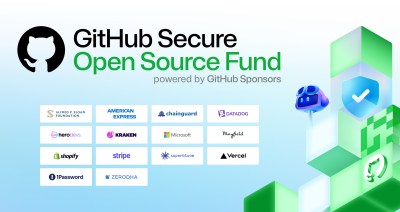Lee Reilly
Senior Program Manager, GitHub Developer Relations. Open source hype man, AI whisperer, hackathon and game jam wrangler. I write && manage programs, support dev communities, and occasionally ship something.
Game Off, our annual game jam (a hackathon for building games) returns this weekend. Participants will be given a secret theme on November 1 and will have the entire month…

Game Off, our annual game jam (a hackathon for building games) returns this weekend. Participants will be given a secret theme on November 1 and will have the entire month of November to build a game based on their interpretation of the theme. This is a great excuse to build your first game, learn a new language, game engine, or other framework. Alternatively, this could be a way to kick off a new fun weekend/evening project!
Last year’s theme was “leaps and bounds,” and over 200 games were submitted, including pixelated platformers, a blocky puzzler, an LCD-looking point ‘n click game, and more.
If you’ve never built a game before, you might be interested in taking a look at free and open source game engines like Phaser (perfect if you know JavaScript), Godot (great if you’re comfortable with C#, C++, or Python-style syntax), or libGDX (excellent if you’re proficient with Java). You can find additional examples on the Game Off website.
The use of free and open source tools is encouraged, but it is not a requirement. Previous years’ entries have included Unreal Engine, Unity, PICO-8. Heck, we’ve even had Commodore 64 and NES games submitted!

Let’s dig into the 2025’s open source data on GitHub to see what we can learn about the future.

Learn how The GitHub Secure Open Source Fund helped 67 critical AI‑stack projects accelerate fixes, strengthen ecosystems, and advance open source resilience.

Open source is hitting an “Eternal September.” As contribution friction drops, maintainers are adapting with new trust signals, triage approaches, and community-led solutions.